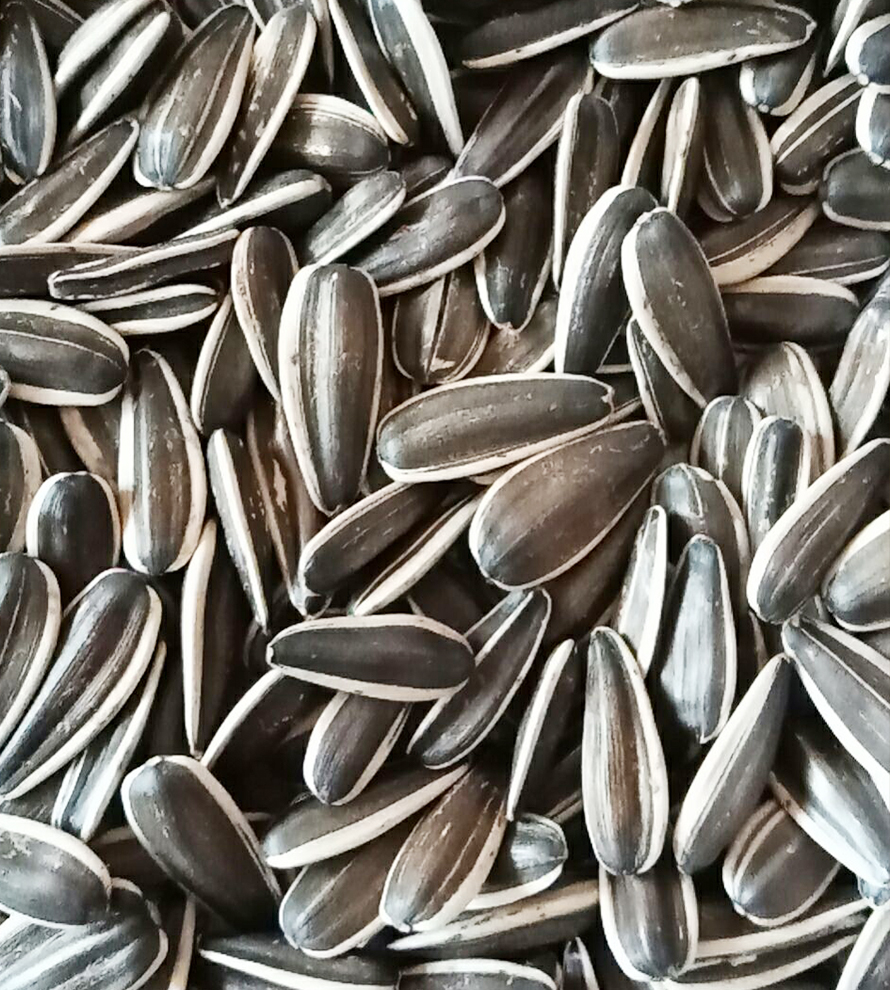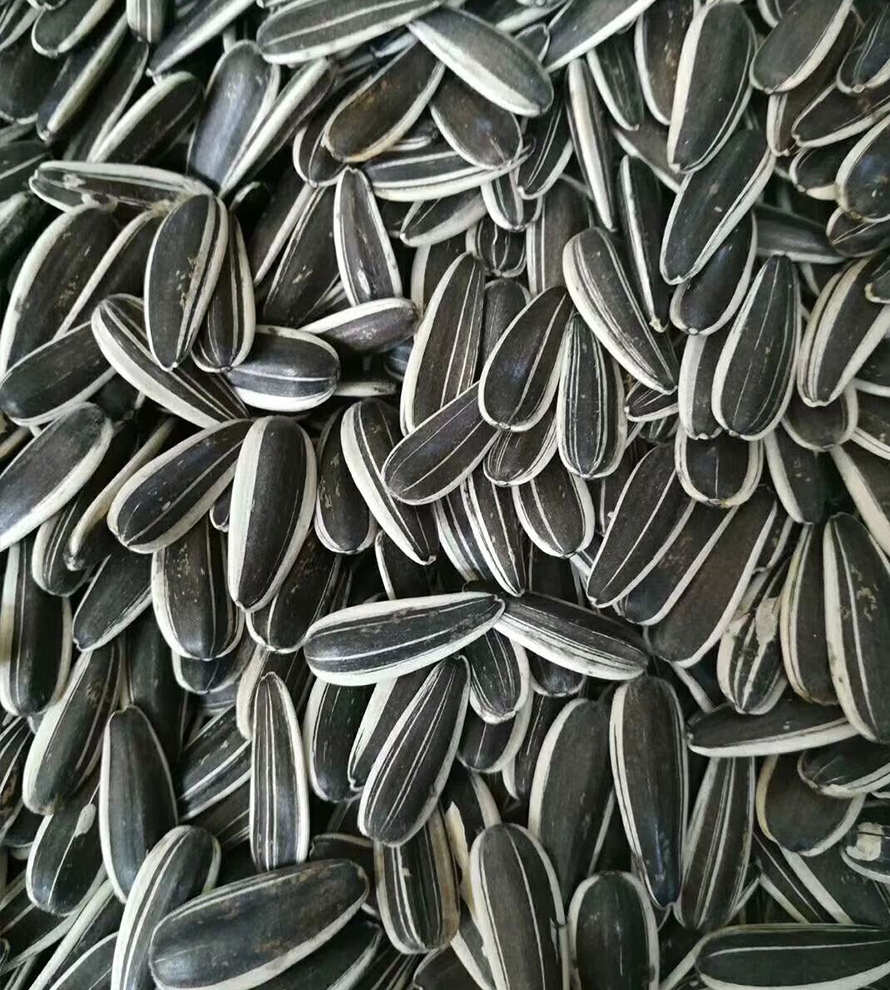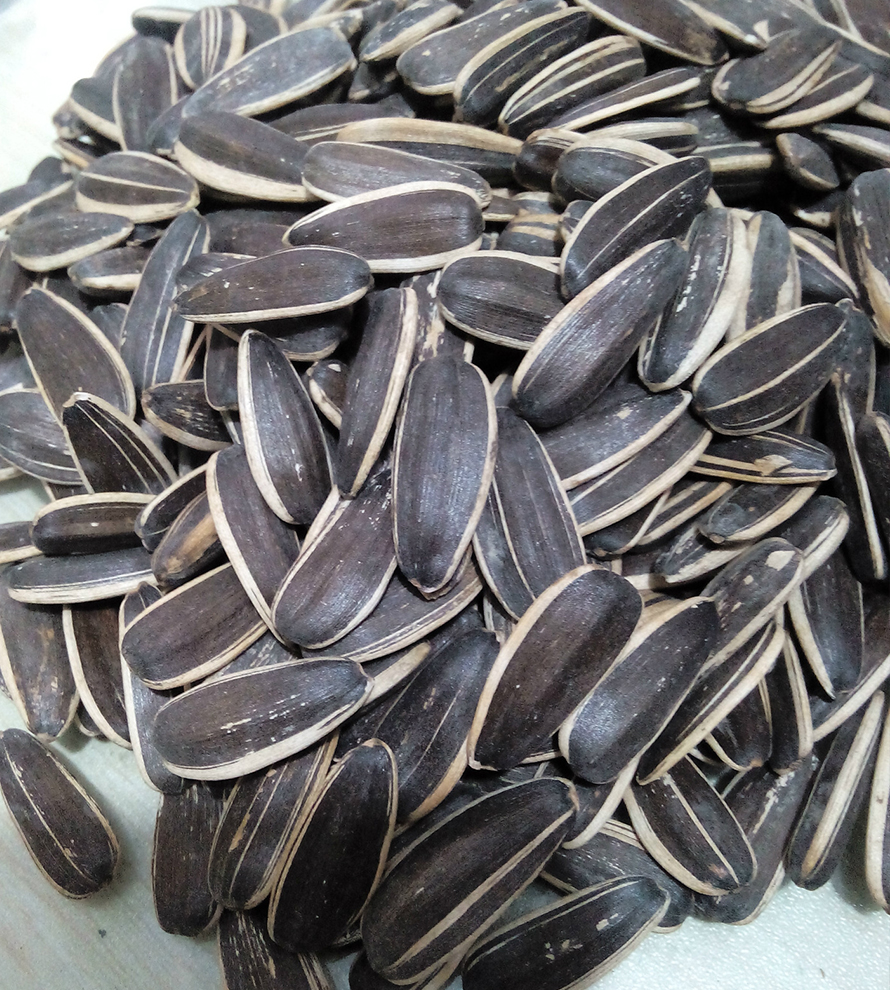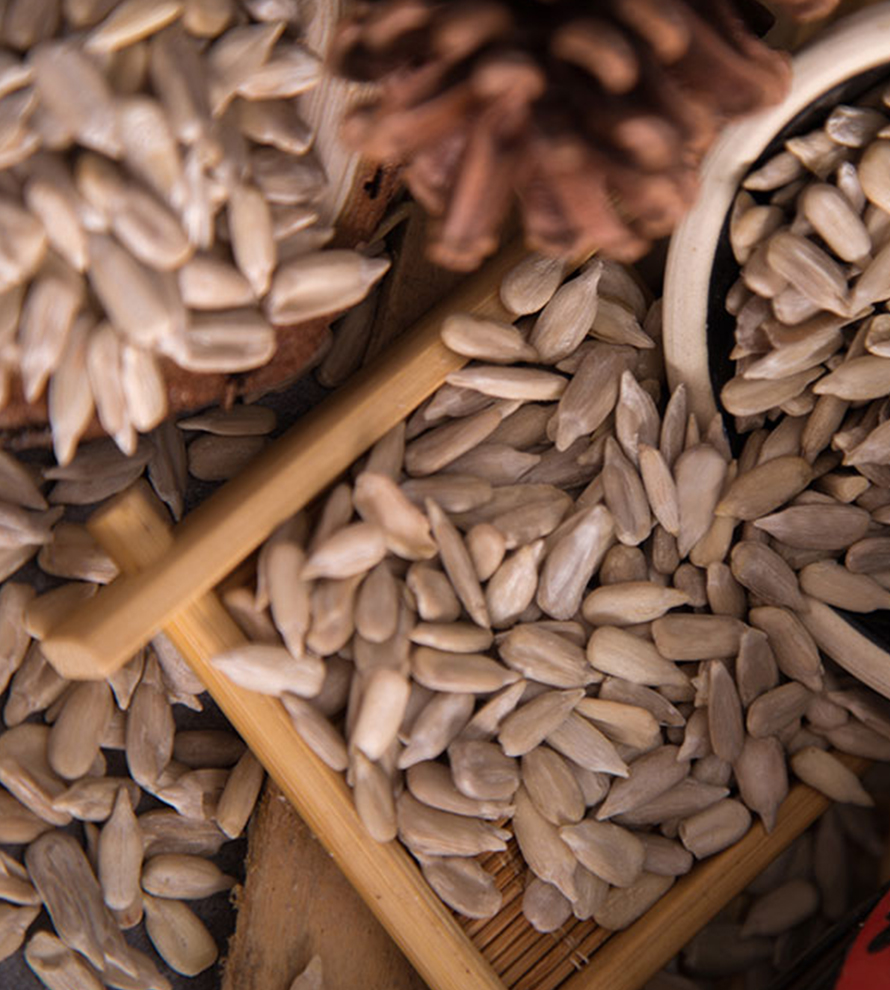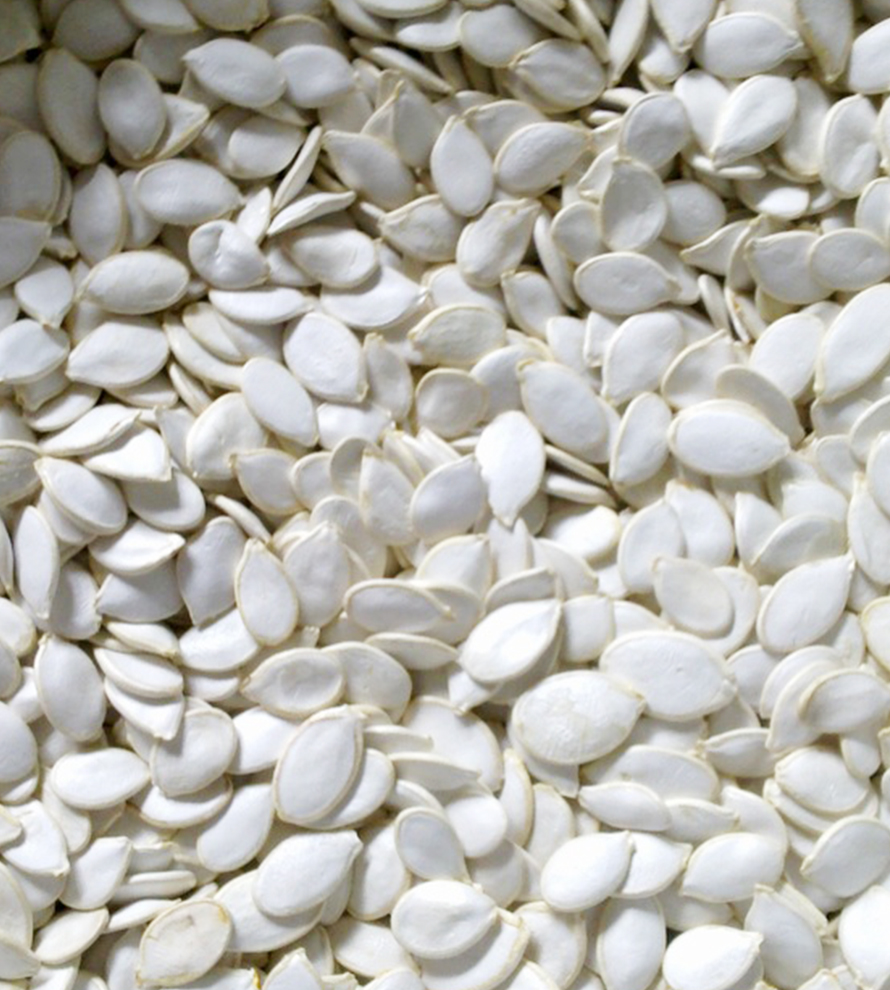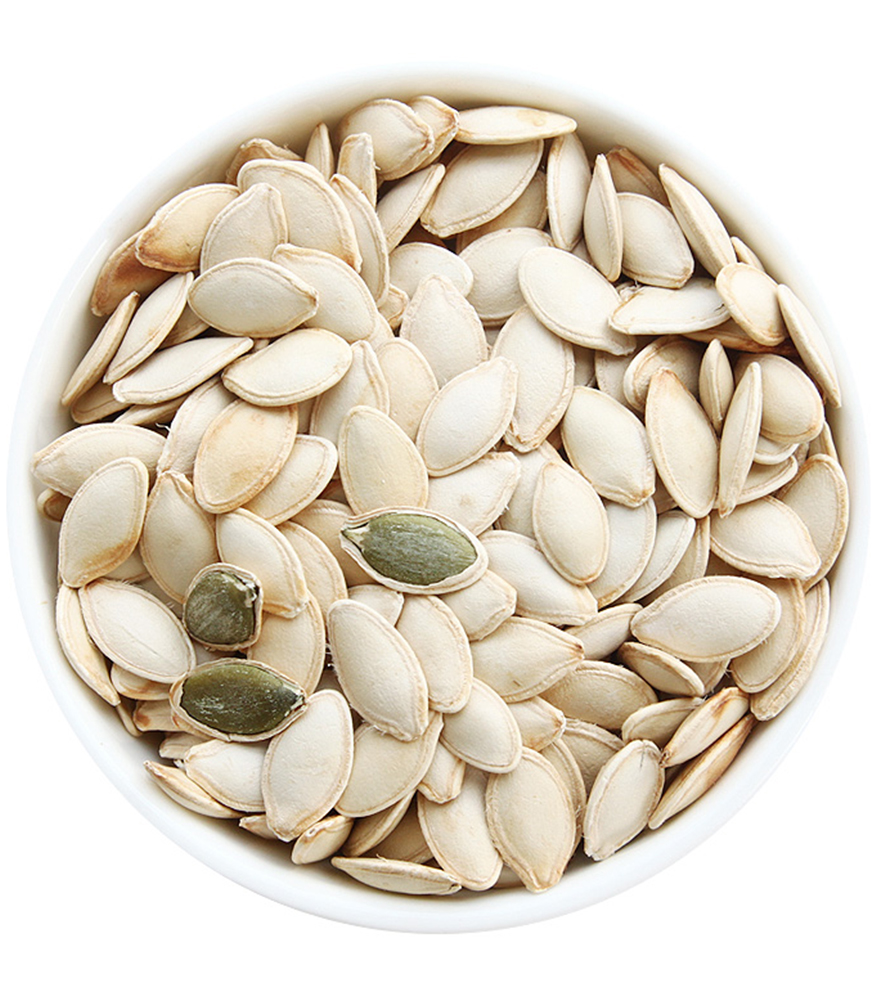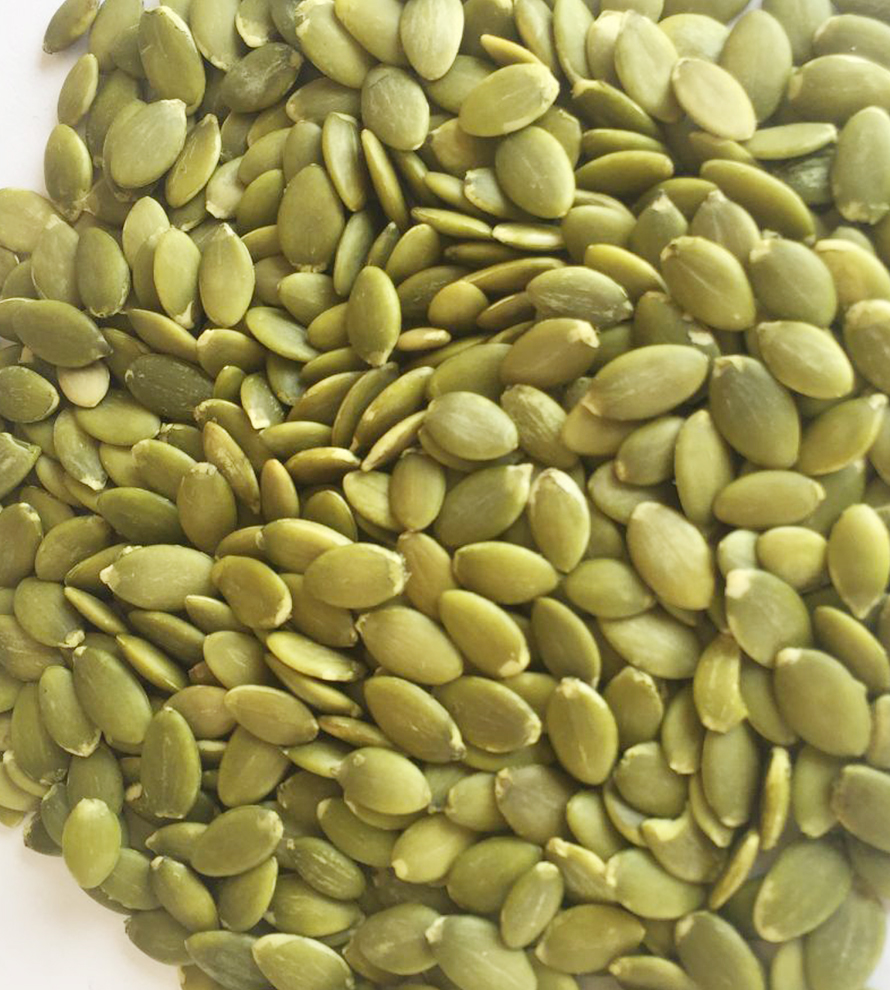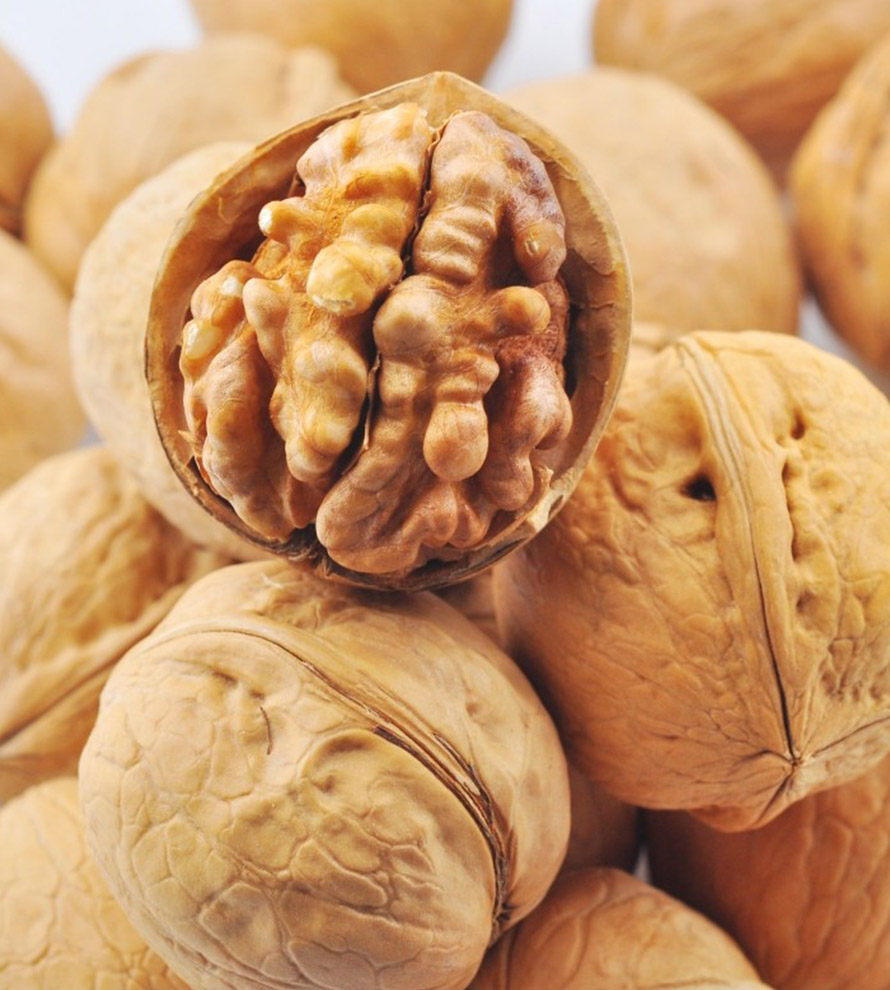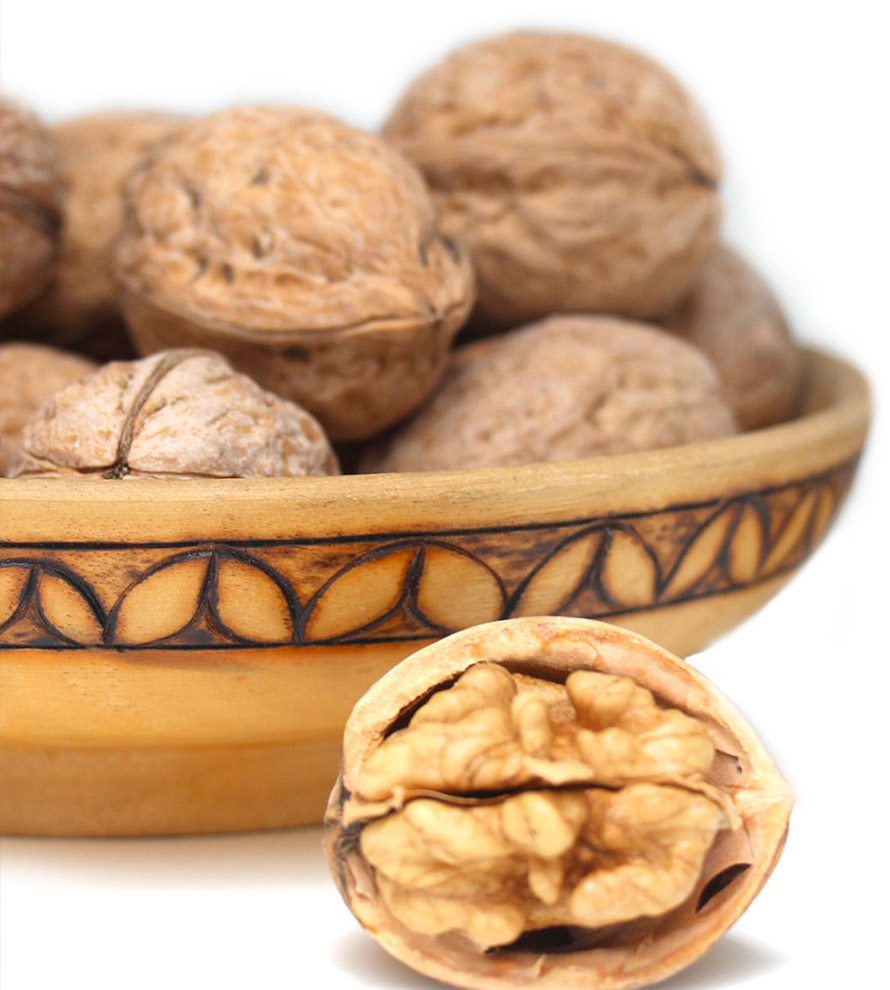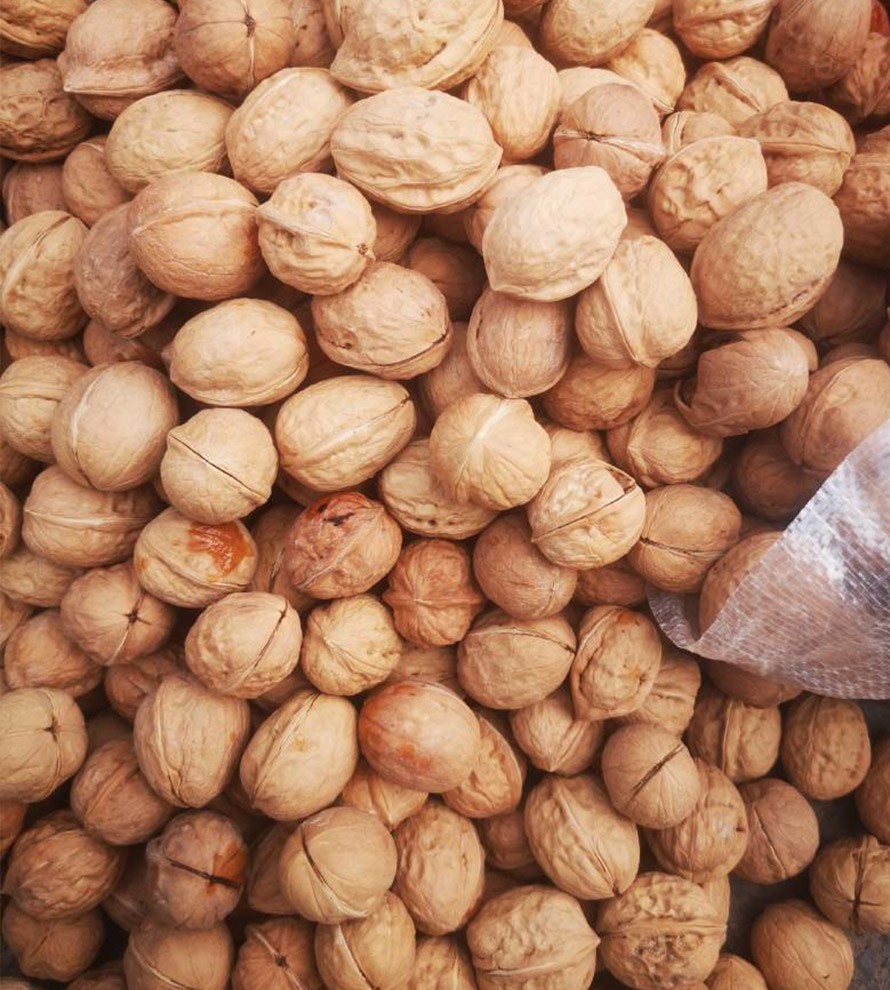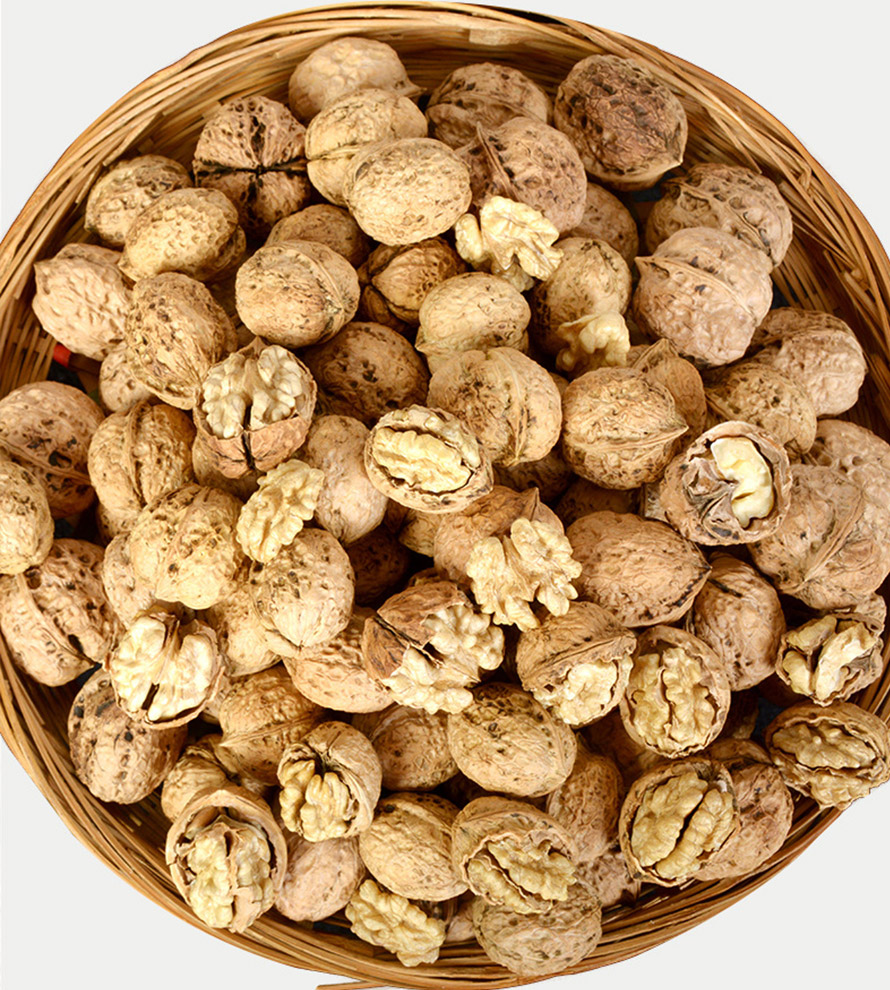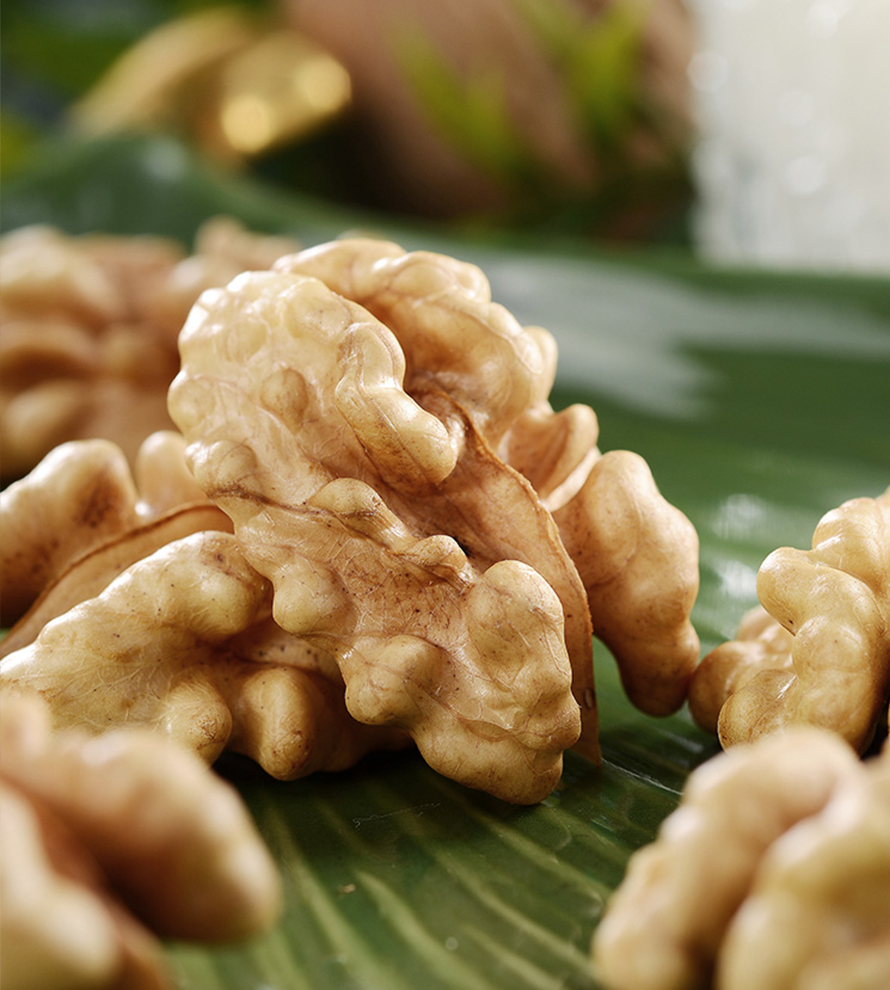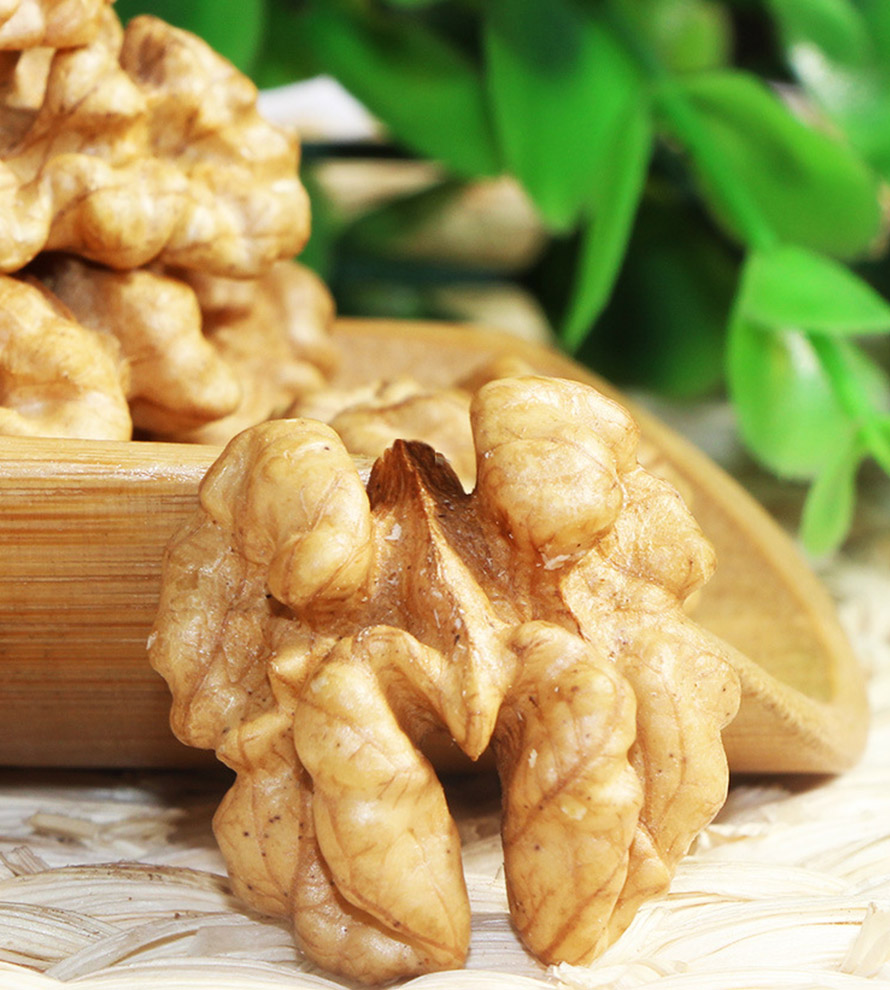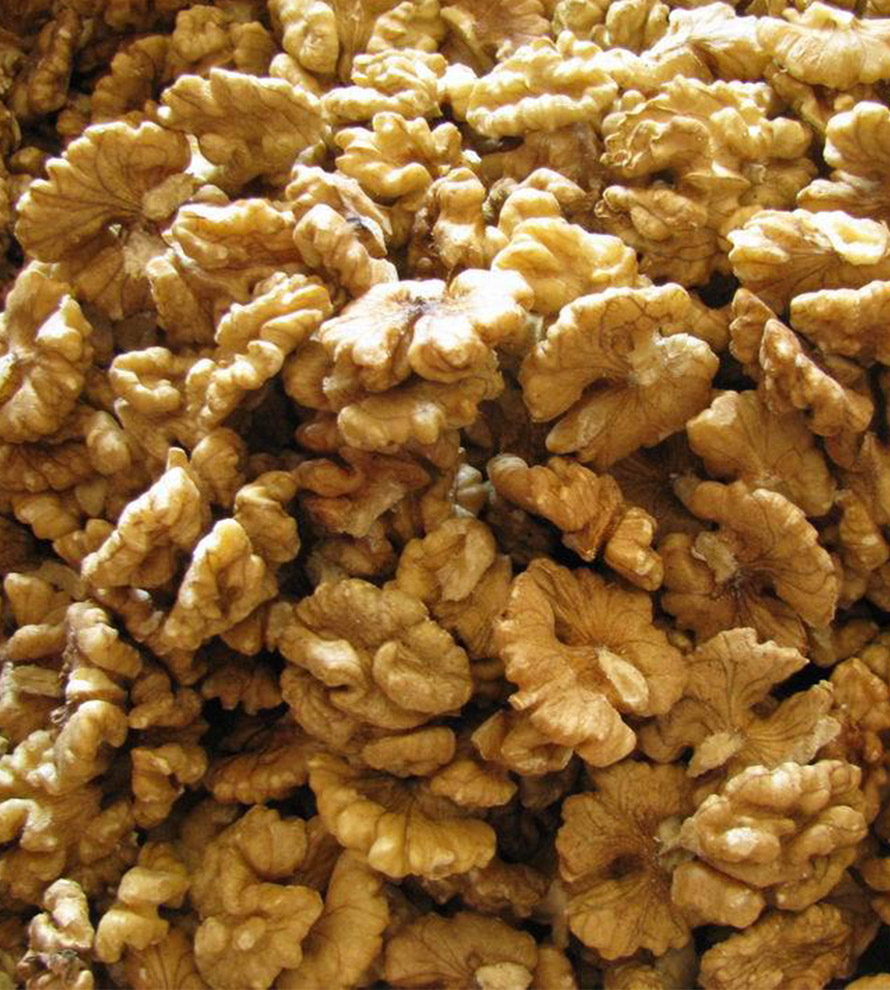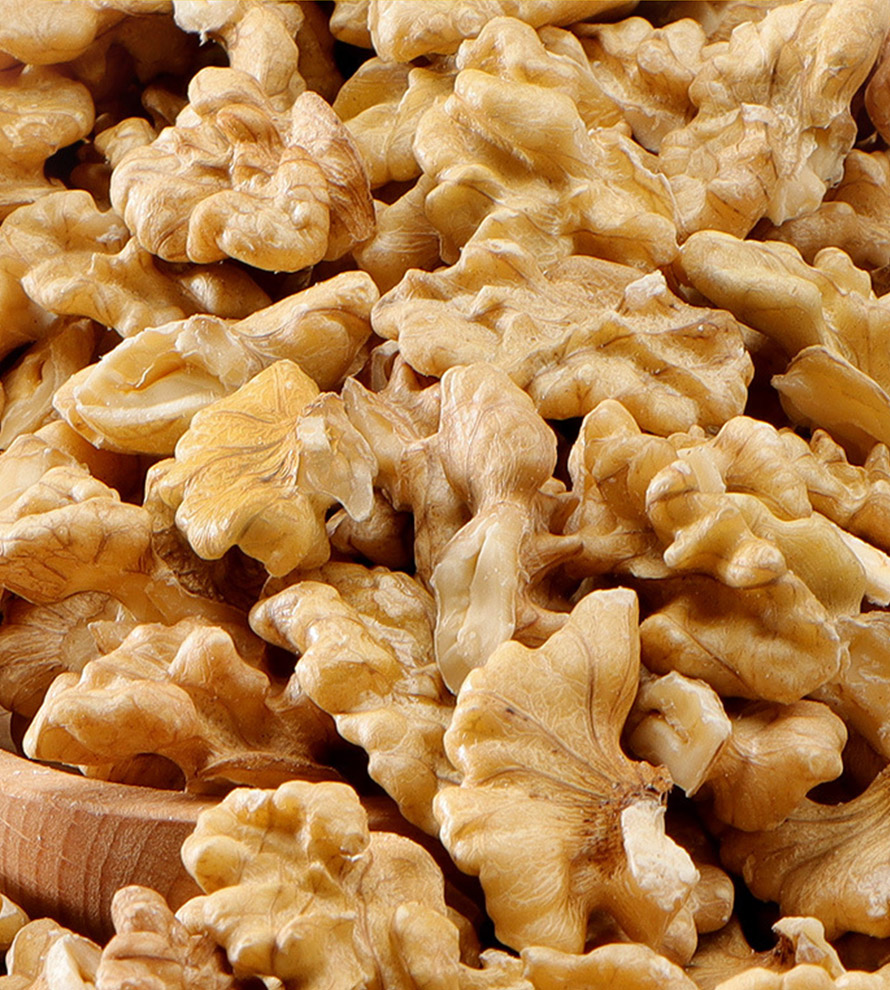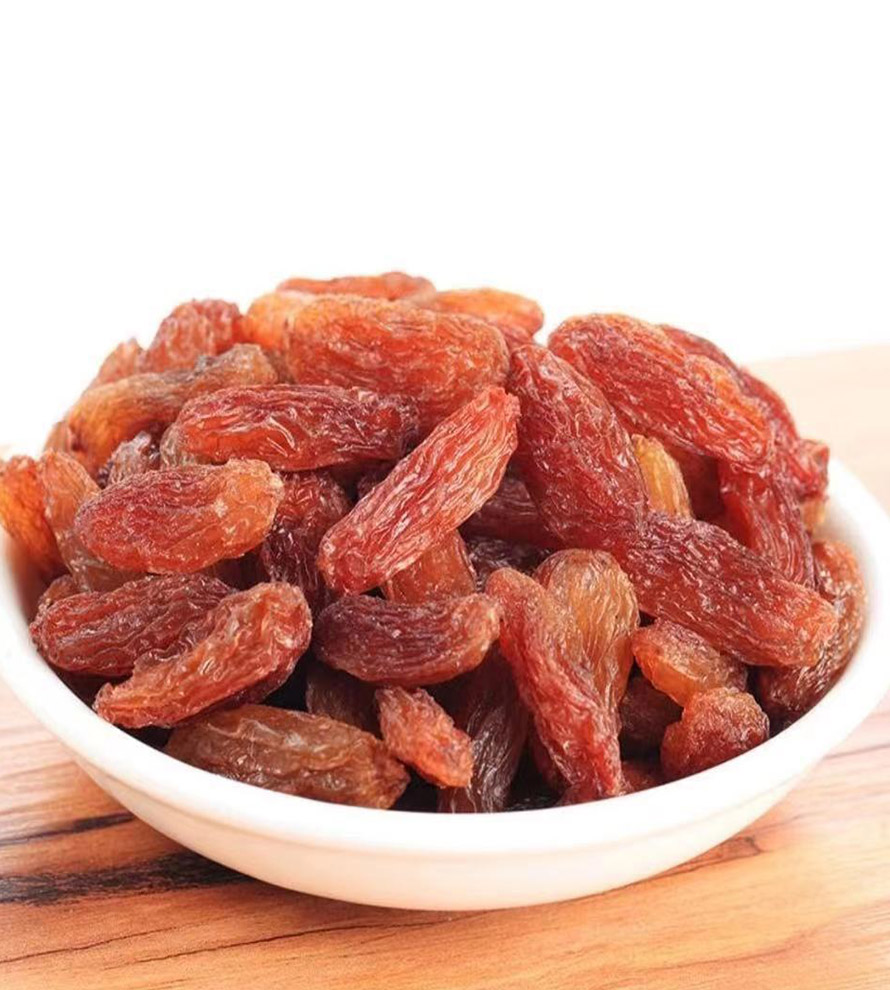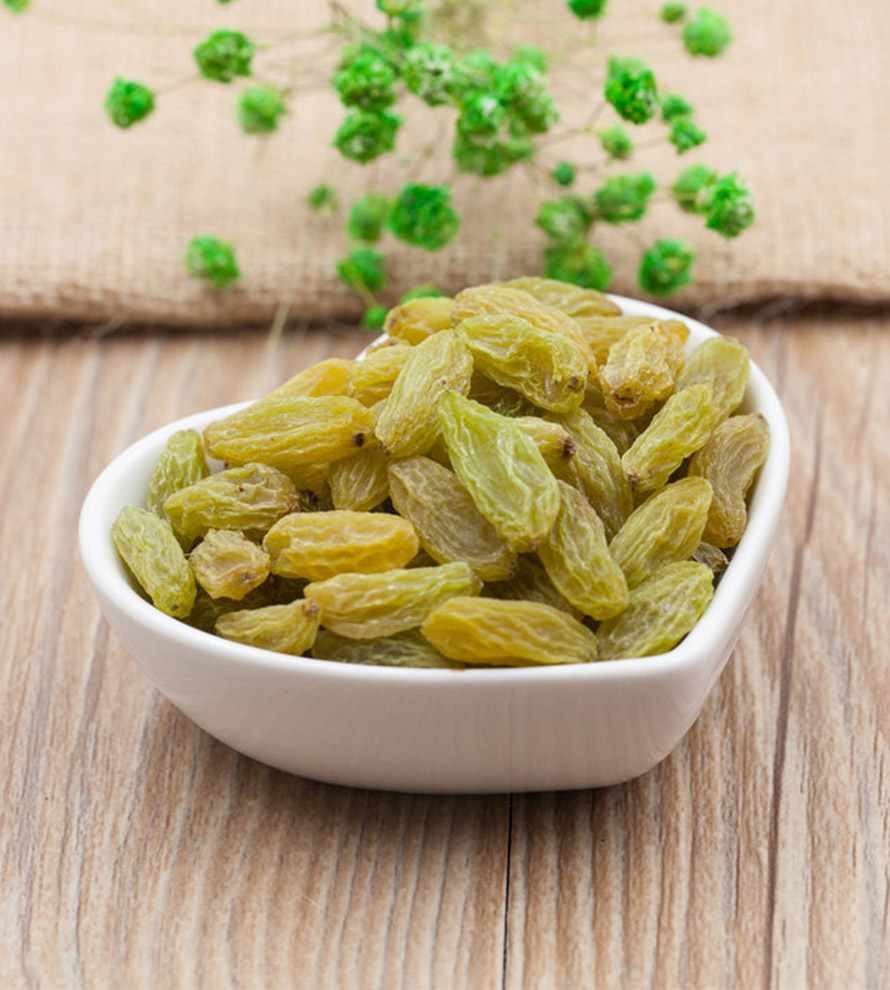Inner Mongolia Regains the “Frontline” in Sunflower Seed Industry, Exporting 370,300 Tonnes of Sunflower Seed Products Last Year
Ulan Bator, May 28 (Reporter Liu Xinrong) - Seeds are known as the "chips" of agriculture, closely related to food security and the supply of important agricultural products.
This reporter learned from the Department of Agriculture and Rural Affairs of Inner Mongolia Autonomous Region that the main varieties of sunflowers in Inner Mongolia include SH361, HZ2399, Sanrui series, Tongqing series, etc. The market share of Inner Mongolia's self-cultivated varieties reaches 68%. Companies represented by Inner Mongolia Sanrui Agriculture and Husbandry Technology Co., Ltd. have cultivated self-developed varieties with a domestic market share of over 95%, successfully resolving the issue of dependency on imports. The promotion areas of SH361 and SH363 rank first and second nationwide.
As a niche industry, the sunflower seed industry has long been dominated by international seeds. According to reports, for the decade before 2013, the sunflower seeds used in China were mainly imported "American sunflowers." These seeds have high yields and good adaptability, quickly occupying the domestic market with a market share that once reached around 95%.
To change the passive situation in the sunflower seed industry and avoid being constrained by foreign seed sources, Inner Mongolia has vigorously implemented a seed industry revitalization initiative in recent years, conducting joint research projects on breeding and continuously advancing the research and development process of the sunflower seed industry. The independent innovation, core resources, and market share of sunflower seeds are firmly in our own hands.
The domestically developed and marketed national hybrid edible sunflower seeds, represented by SH363 and SH361, have ushered in a new era for the development of China's edible sunflower industry, leading domestic seeds to comprehensively surpass foreign seeds and completely replacing the monopoly of American sunflowers on China's edible sunflower seed industry. Farmers' planting costs have also been significantly reduced.
It is understood that in 2023, the cultivated area of sunflowers in Inner Mongolia was 7.448 million mu (about 496,533 hectares), accounting for about 68% of the national total; the production was 1.47 million tonnes, accounting for about 66% of the national total; and the full industry chain value reached 21.6 billion yuan.
The relevant responsible person from the Department of Agriculture and Rural Affairs of Inner Mongolia Autonomous Region introduced that there are more than 150 sunflower seed processing enterprises in Inner Mongolia, including 4 national-level leading enterprises in the sunflower industrialization and 41 autonomous region-level leading enterprises. The annual processing capacity is about 2 million tonnes. The seed and kernel industry base in Bayannur City has been recognized as a national foreign trade transformation and upgrading base by the Ministry of Commerce.
The main producing area, Bayannur City, has now formed a full industry chain integrating seed research and development, base planting, deep processing, marketing, and tourism, with over 60% of the high-end product raw materials for national sunflower snacks coming from Bayannur. A total of 55 sunflower trading markets have been established. Wuyuan Hongding Agricultural Trade Market is the largest sunflower trading center in northwest China, with the pricing power for sunflowers nationwide and an annual trading volume of more than 1.5 million tonnes. The national-level leading enterprise "Sanpangdan" focuses on creating high-end melon seed brands, with offline sales distributed across 31 provinces nationwide and long-term cooperation with multiple platforms such as JD.com, Tmall, and Douyin online.
In 2023, Inner Mongolia exported 370,300 tonnes of sunflower seed products, with an export value of 4.584 billion yuan. Among them, 362,000 tonnes were raw sunflower seeds, accounting for about 56% of the total agricultural exports in the region, with an export value of 4.427 billion yuan. The main export destinations were Iraq, Turkey, Iran, Russia, and Uzbekistan.

